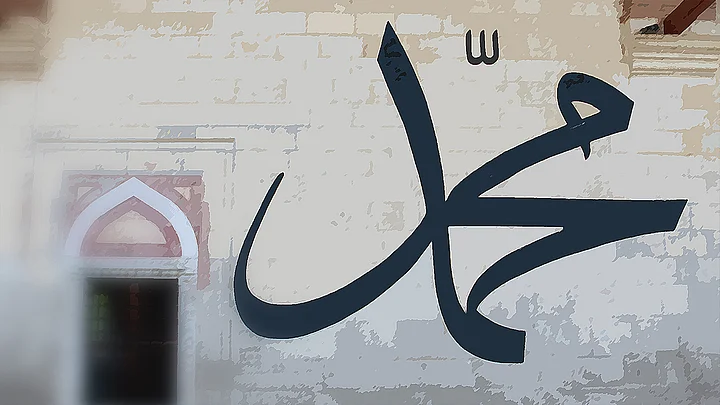Move over Karl Marx and Thomas Paine, the first prophet of equality was an orphan from Mecca born on this day – celebrated as Eid e-Milad-un Nabi – in 566 AD.
Muhammad, peace be upon him, was not divine and he never claimed to be. He gained success and respect in a society that was divided before revelation made him a prophet in the Abrahamic tradition, like Moses and Jesus before him. For even the most devout Muslims, Muhammad is the first Muslim and the last prophet, he is not god.
It is perhaps because he was an ordinary person, an orphan, that he had such a passion for equality. Equality, charity, compassion and order form some of the most important foundations of Islam. And in the Arab world of the sixth century (as in much of the world), these ideas were truly progressive and revolutionary.
The Charter of Medina and the Birth of the Ummah
Around 622 AD, Muhammad drafted the Charter of Medina, a document that put an end to centuries of inter-tribal warfare and brought all members of the new Muslim community, Jews and ‘pagans’ under one community, defining their rights and responsibilities towards each other.
In some ways, the document formed the constitution of the first Islamic state. But it did something much more revolutionary. Long before the American Declaration of Independence proclaimed “all men are created equal”, the Ummah or Islamic brotherhood stood against hierarchy on a simple, divine principle. You worship god and submit yourself to his will, but not to other people. All Muslims are equal and are required to treat each other with dignity and empathy.
Helping Your Brothers, Not as Charity, but as Duty
The idea of Zakat forms one of the foundations of Islam, and is a practical extension of the principle of equality. Loosely translated as “giving alms”, Zakat is one of the religious duties prescribed by the Prophet. Every Muslim of means is required to give a portion of his income to help the poor, travelers and others in need.
Zakat is not just about helping those less fortunate. It is also part of another principle at the core of Islam – hospitality. Hospitality to guests, to your coreligionists, and hospitality of ideas and beliefs. It is a simple idea, that can turn strangers into guests and guests into friends.
Women, Muhammad and Islam
Some things change and some things stay the same. In Muhammad’s time, as in ours, there was a pointed preference for male children and female infanticide was rampant. Muhammad tried to destroy the practice and provided injunctions against it.
In fact, even other practices such as polygamy, which have been the subject of derision in the contemporary world become more understandable given the context of the time, where widows were often left without means or support.
And as for the veil, neither the Quran, nor the Prophet Muhammad has made it compulsory for women.
(This story was first published on 24 December 2015 and has been reposted from The Quint’s archives to mark Eid Milad ul-Nabi)
